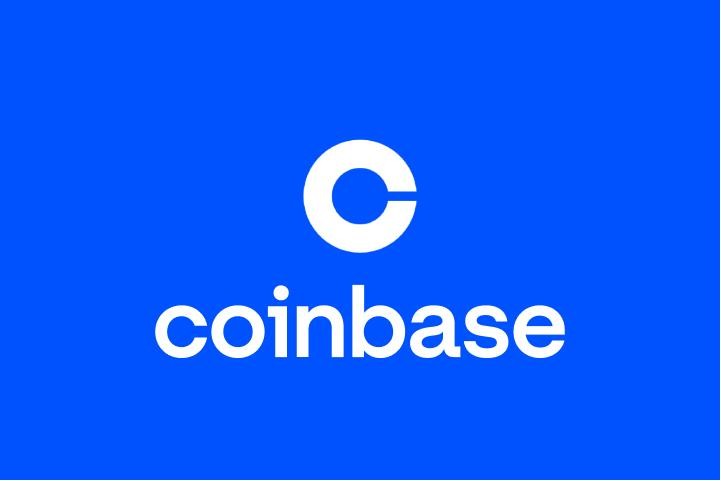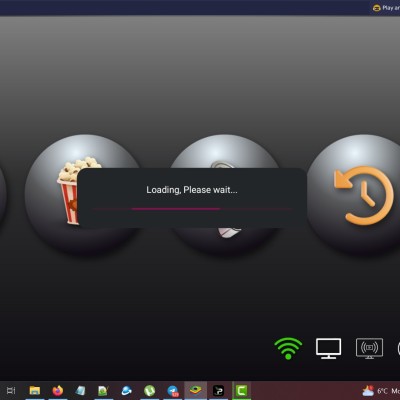Coinbase Answers
There's more answers than that I posted full answers a while ago
Coinbase UK Knowledge Quiz Answers
Question: What happens when you opt into staking crypto-assets held in your Coinbase account?
Answer: Coinbase stakes those crypto-assets on your behalf and passes on staking rewards from the respective network(s) to you (minus a commission).
Question: Which statement best describes how crypto-asset exchanges compare to traditional stock market exchanges?
Answer: Traditional stock market exchanges are typically highly regulated throughout the world, however crypto-asset exchanges are newer and subject to varying levels of regulation across different countries today.
Question: What happens if there is a service disruption at a centralized exchange?
Answer: It may impact my ability to buy, sell, or transfer my crypto-assets until the outage is rectified.
Question: What law governs your relationship with Coinbase as a UK customer?
Answer: The laws of England and Wales.
Question: What regulation applies to UK-based crypto-asset businesses?
Answer: Businesses that exchange fiat for crypto-assets must register with the FCA under the UK’s Money Laundering Regulations.
Question: Decentralised Finance (‘DeFi’) tokens (e.g. AAVE) are crypto-assets linked to financial applications built on decentralised blockchain technology. What are key risks with these types of tokens?
Answer: Both of the above.
Question: What crypto-asset services does Coinbase offer?
Answer: All of the above.
Question: During what times might the value of your crypto-assets change?
Answer: Crypto asset markets operate 24 hours a day on all days of the year and the value of my crypto-assets could change at any time day or night.
Question: It is important to find a crypto-asset exchange you trust. What are some of the risks you assume when trading on a crypto-asset exchange?
Answer: All of the above.
Question: ‘Wrapped tokens’ are tokenised representations of other crypto-assets. They are typically created to facilitate compatibility and interaction across different blockchain protocols. What are key risks with these types of tokens?
Answer: Both of the above.
Question: What statement about stablecoins is true?
Answer: All of the above.
Question: What best describes a potential risk when holding crypto-assets?
Answer: Both of the above.
Question: What protections do you have due to Coinbase being regulated as an Electronic Money Institution by the Financial Conduct Authority in the UK?
Answer: Coinbase is subject to safeguarding requirements by the Financial Conduct Authority in relation to the fiat currency it receives in exchange for issuing e-money, and must redeem e-money for fiat currency on demand.
Question: When you purchase crypto assets, what are your potential losses?
Answer: I could lose all the money I invest in a specific crypto-asset if its value goes to zero.
Question: What does the Financial Ombudsman Service and/or the Financial Services Compensation Scheme (FSCS) protect you against with regards to your crypto-assets?
Answer: I have no protections under the FSCS or the Financial Ombudsman Service in relation to my crypto-assets.
Question: Which of the following is an accepted risk management strategy when trading in crypto-assets?
Answer: Diversifying crypto-asset holdings across different crypto-assets.
Question: What rights does Coinbase have over the crypto-assets in your account?
Answer: Coinbase holds your crypto-assets 1:1 on your behalf and will not sell, transfer, or loan your assets unless instructed by you or compelled by a valid court order.
Question: ‘Meme coins’ (e.g. DOGE) are crypto-assets whose value is driven primarly by community interest and online trends. What are key risks with these types of tokens?
Answer: Both of the above.
Question: What primary role(s) does Coinbase play with respect to the crypto-assets traded on its platform?
Answer: Coinbase provides trading, staking and custody services.
#coinbase





![HDO Box 2.1.3 [TV Devices] UPDATE 2.1.4 Profile Picture](https://s3.eu-west-1.wasabisys.com/starteq/upload/photos/2025/11/MtN9lqVWcEbp3oDeTc3U_02_cd9b426fe8017492b7241459b8559532_image_small.jpg)
